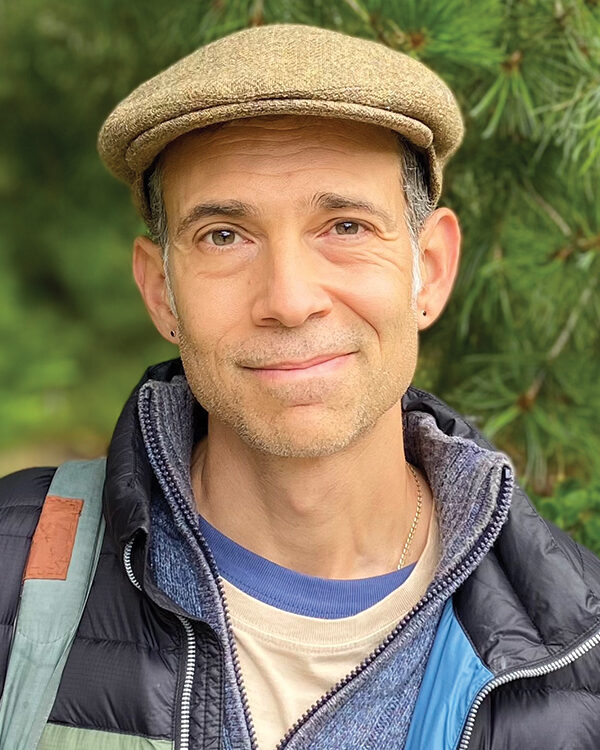The word that the Buddha most commonly used for meditation was “bhavana,” which means “cultivation.” We hear a lot about insight (vipassanā), loving-kindness (mettā)—all the different practices we do—but the path is actually much more than meditation. It’s about the possibility each of us has to bring forth goodness into the world with this human heart and mind. Bhavana is a cultivation of the heart. Each of us has the possibility of growing something that brings light into the world. And as anyone who’s ever gardened or farmed knows, it’s hard work to grow things! You need good soil, light, and water. You need patience. And you need good seeds. So this hall, this retreat center, is the sprouting of certain seeds—of generosity, vision, cooperation, persistence, and sacrifice. It is the seeds of our collective work bearing fruit.
A key part of this path of cultivation is knowing how to water the right seeds. And the Buddha gave instructions to his son, Rahula, on how to do this. He taught him how to ensure that his life was going in the right direction, that the seeds of the intention behind his actions lead toward happiness and well-being. He said, “My son, when you do anything with your body, your words, even with your mind, you should reflect beforehand. Ask yourself, is what I’m about to do for my own welfare or not? Is what I’m about to do for the welfare of others or not?” Elsewhere in the suttas, he often adds a third criterion: “Does this lead to peace?” If you can say yes to those three things, then do it.
He also said to reflect on these same questions during the action and again afterward. If we’re mindful, we will often reflect before we do something. But do we also reflect during or afterward, “How did this go?” And, how often do we reflect when we’ve done something helpful? How often do we actually rejoice or savor, “That was a really good thing I did! I really helped out.”?
And yet this is an essential part of the path. If we want the seeds of kindness, of empathy, cooperation, generosity, and care to grow, we need to give them the right conditions. We need to give them attention. We need to love them with our attention.
Something really amazing has happened here in this community—and we’re sitting inside of it. Many of us helped to make this happen in one way or another. So I want to invite us to water those seeds, to help them grow, to strengthen the goodness that’s manifested here for ourselves and for everyone with whom we come in contact. When we plant seeds of generosity, of cooperation, of service, this is the fruit. This is what grows.
I’d like to offer a short guided reflection using the Buddha’s instructions. I invite you to sit comfortably and let your eyes close or gaze softly down in front of you. Let the body settle some and tune into the feeling of sitting here in this quiet, sacred space, surrounded by others who value awareness, kindness, and compassion. Now, call to mind a specific action that connects you to being in this hall today. It might be attending an event, giving time, energy or financial support, or volunteering. Then ask yourself: “Was this for my own welfare?” Consider: “Was this for the benefit and welfare of others? Was this action in the service of peace?” Sense how that feels. Let yourself receive and know that you’ve done something for your own welfare, for the welfare of others. You’ve been a part of creating a space where people can come to understand their own heart and mind. Finally, I invite you to call to mind all of those who will come in the future, those who will benefit from having a place to receive teachings, to receive shelter for the heart—healing, solace, and inspiration. See if you can feel your connection with those beings, how your own generosity reaches forward to touch them.
